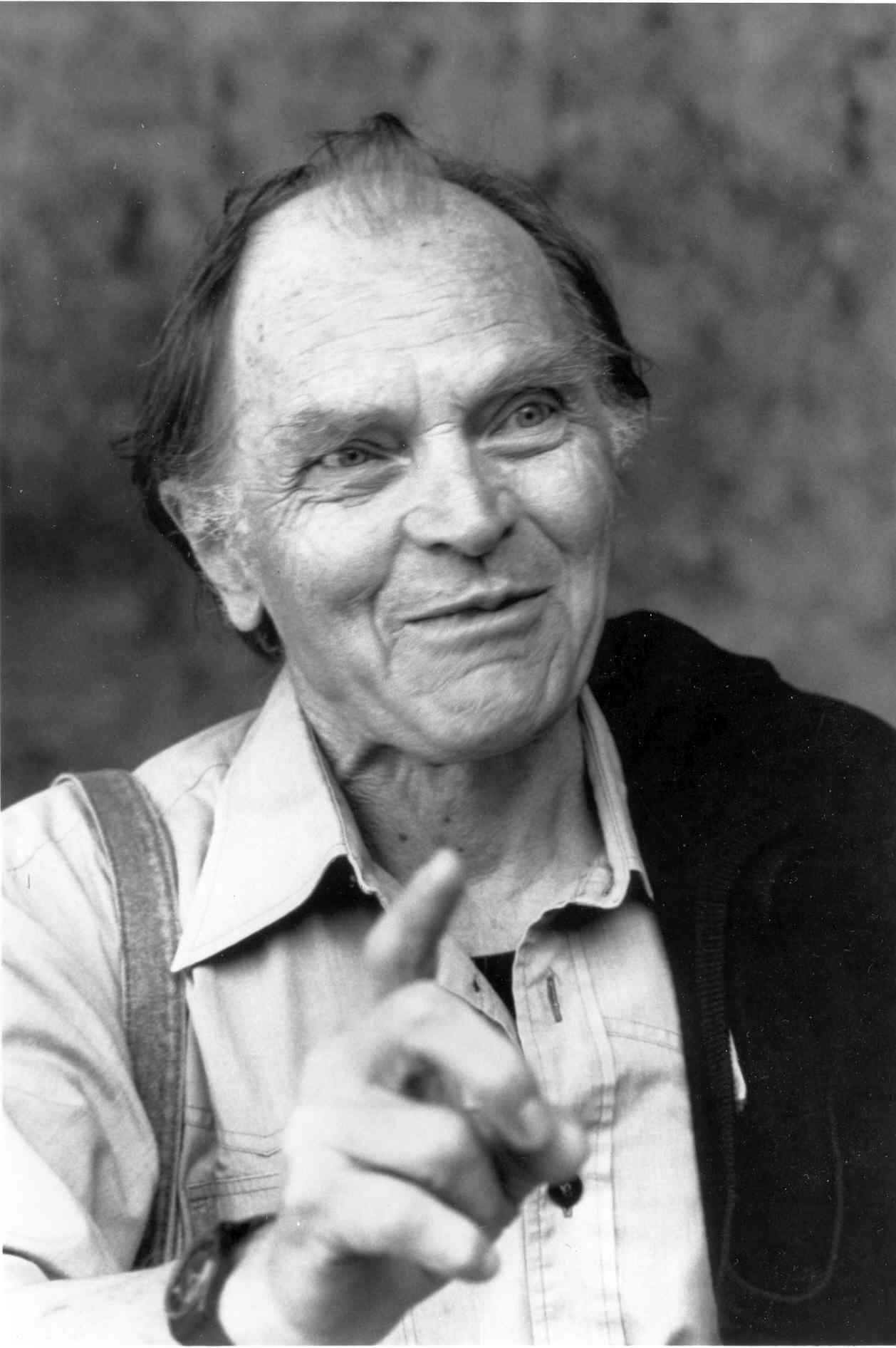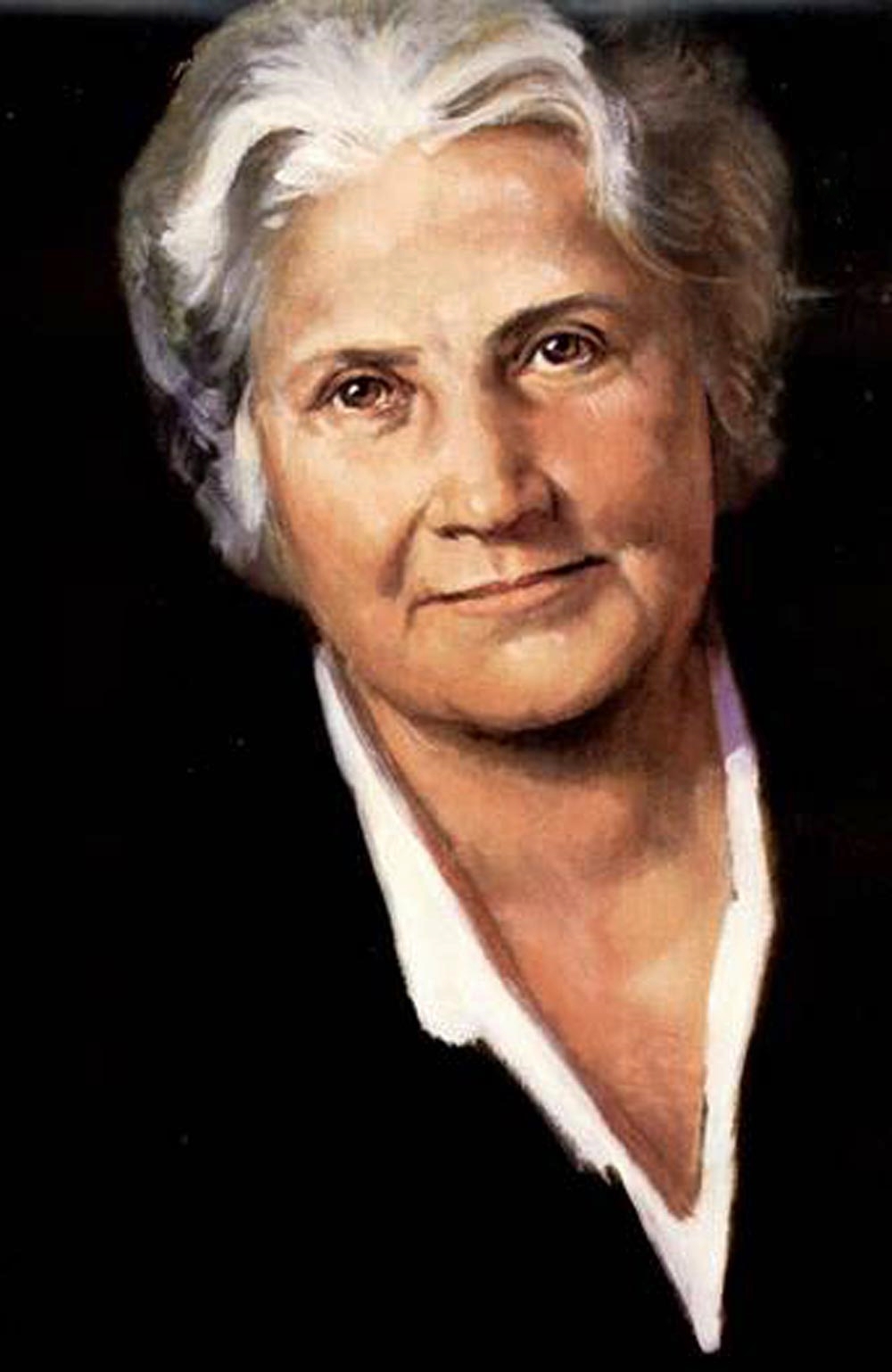By Richard Pimentel
 Imagine this scenario. An episode of ABC Network’s "Extreme Makeover: Home Edition" has just finished and you are reading the credits. To your amazement, you notice that Adam Smith (Scottish philosopher and economist) is the producer of the show. This may go unnoticed by some, but you pause the DVR and read it again. Lo and behold, it truly is Adam Smith. You may react by saying, "I thought he was dead.” At the end of taping an episode, Smith addresses the crew with the following words, "Man was made for action and to promote by the exertion of his faculties such changes in the external circumstances both of himself and others, as may seem most favourable to the happiness of all." Smith, quoting from his 1759 work, Theory of Moral Sentiments, states that this is his philosophy for the show. The crew roars in agreement. Smith is very proud of his work on the show because he feels that "Extreme Makeover: Home Edition" is an excellent vehicle for demonstrating the benefits of capitalism and the free market. Moreover, the show reflects his moral values that are written in Theory of Moral Sentiments.
Imagine this scenario. An episode of ABC Network’s "Extreme Makeover: Home Edition" has just finished and you are reading the credits. To your amazement, you notice that Adam Smith (Scottish philosopher and economist) is the producer of the show. This may go unnoticed by some, but you pause the DVR and read it again. Lo and behold, it truly is Adam Smith. You may react by saying, "I thought he was dead.” At the end of taping an episode, Smith addresses the crew with the following words, "Man was made for action and to promote by the exertion of his faculties such changes in the external circumstances both of himself and others, as may seem most favourable to the happiness of all." Smith, quoting from his 1759 work, Theory of Moral Sentiments, states that this is his philosophy for the show. The crew roars in agreement. Smith is very proud of his work on the show because he feels that "Extreme Makeover: Home Edition" is an excellent vehicle for demonstrating the benefits of capitalism and the free market. Moreover, the show reflects his moral values that are written in Theory of Moral Sentiments.
The Scottish philosopher and economist, Adam Smith (1723-1790), laid the intellectual framework for the free market economic system. He is best known for writing An Inquiry into the Nature and Causes of the Wealth of Nations (1776). Through The Wealth of Nations, Smith became a pioneer in economics by analyzing how economic wealth is produced and distributed. The central idea promoted by Smith was that capital is best used under a laissez-faire system (governmental noninterference) where there is a minimum of regulation and government control and a predominance of private entrepreneurs. These factors will enable the free production and exchange of goods and the general standard of living will rise. Smith coined the term "invisible hand" to explain the process by which individuals pursue their own good which in turn will naturally advance the good of all.
Keeping in mind Smith’s philosophical and economic views, it can be easy to imagine Smith as the producer for "Extreme Makeover: Home Edition." It is a great example of how the free market, driven by competition, can benefit many people, particularly those in need. The need is met by local companies, large retail companies such as Sears, and volunteers. For many, the capitalistic system is moral and necessary. However, not everyone feels that the morally good aspects of the free market outweigh its immoral aspects.
When it comes to the ethics of capitalism, there is great contrast behind the perspective of capitalism on ABC’s popular show and the perspective on capitalism taught to students in France and Germany. It is safe to say that Adam Smith would not be teaching economics in French or German public schools. According to Stefan Theil of Foreign Policy magazine, he states the following in his article titled "Europe’s Philosophy of Failure":
"Millions of children [in France and Germany] are being raised on prejudice and disinformation. Educated in schools that teach a skewed ideology, they are exposed to a dogma that runs counter to core beliefs shared by many other Western countries…In both France and Germany, for instance, schools have helped ingrain a serious aversion to capitalism. In one 2005 poll, just 36 percent of French citizens said they supported the free-enterprise system, the only one of 22 countries polled that showed minority support for this cornerstone of global commerce. In Germany, meanwhile, support for socialist ideals is running at all-time highs—47 percent in 2007 versus 36 percent in 1991."
Much of this is attributed to the indoctrination of high school students in regards to economic systems. In their state-mandated curricula, students in France and Germany are taught that capitalism is destructive, "economic progress is the root cause of all social ills," and the solution to the capitalistic problem is regulation on a global scale. In one of their textbooks, French students are told that economic growth is responsible for stress, nervous depression, and, in some cases, the development of cancer. According to Theil, students are inundated with this bias and there is no counterpoint offered. Many French students are not taught about the mechanism of supply and demand and the structure of a corporation. In addition, they are told about the immorality of private entrepreneurship and are taught the evils of capitalism and globalism. The promotion of these ideas is attributed to the United States, thus producing anti-American sentiments.
In Germany, students are presented with an equally negative view of capitalism but with a slightly different twist. Economics education centers around the employee-employer relationship with great emphasis placed on wages, workplace rules, strikes, and laborer protections. Theil writes that, "German students will be well-versed in many subjects upon graduation; one topic they will know particularly well is their rights as welfare recipients." They are taught how the unemployed can form "self-help groups and join weekly anti-reform protests." However, as in the case of the French curricula, some of the books used in German high-school curricula, do not mention the free market, competition, buyer and seller relations, and entrepreneurship. Instead, they are shown that "private companies destroy jobs while government policy creates them." Subsequently, Theil argues that this mindset becomes predominant in their respective societies as the students grow up and take significant positions within their country.
many subjects upon graduation; one topic they will know particularly well is their rights as welfare recipients." They are taught how the unemployed can form "self-help groups and join weekly anti-reform protests." However, as in the case of the French curricula, some of the books used in German high-school curricula, do not mention the free market, competition, buyer and seller relations, and entrepreneurship. Instead, they are shown that "private companies destroy jobs while government policy creates them." Subsequently, Theil argues that this mindset becomes predominant in their respective societies as the students grow up and take significant positions within their country.
Even responsible advocates of capitalism will admit that there are some immoral aspects to this economic system (e.g. exploitation of workers, environmental hazards, unequal income distribution, etc.). However, the same people will argue that the moral benefits of capitalism (creation of jobs, productivity, self-reliance, catalyst for new technology, etc.) outweigh its liabilities. The ethically positive elements along with the negative elements of capitalism are there to be taught and should be taught in order to present to the students a well-balanced view of the economic systems that are working in the world today. Adam Smith would be proud of "Extreme Makeover: Home Edition" because it is "most favourable to the happiness of all." This does not mean that this show solves all of the recipients’ problems. There are still property taxes and increased utilities to pay in these new, larger homes. Moreover, some companies get involved to advance their own self-interests (e.g. exposure and advertising opportunity) more than to be charitable. Nonetheless, this falls under the purview of Smith’s "invisible hand"; individuals pursuing their own good which in turn advances the good of all. Yes, it may be a stretch to say that Smith would be a TV producer for "Extreme Makeover: Home Edition" but it would be safe to argue that Smith, via the show and other means, would demonstrate the positive ingredients of capitalism.
Imagine this scenario. You are a freshman in a Paris high school and you go to your economics class and who is the teacher? Yes, Adam Smith. In his introductory lecture, he explains the limitless possibilities for societies to expand their wealth through private ownership and trade and…not again, I’ll stop there!
Copyright © 2011 Philosophy News Service








/Mary-Wollstonecraft-x-162279570-56aa24f45f9b58b7d000fc2b.jpg)
